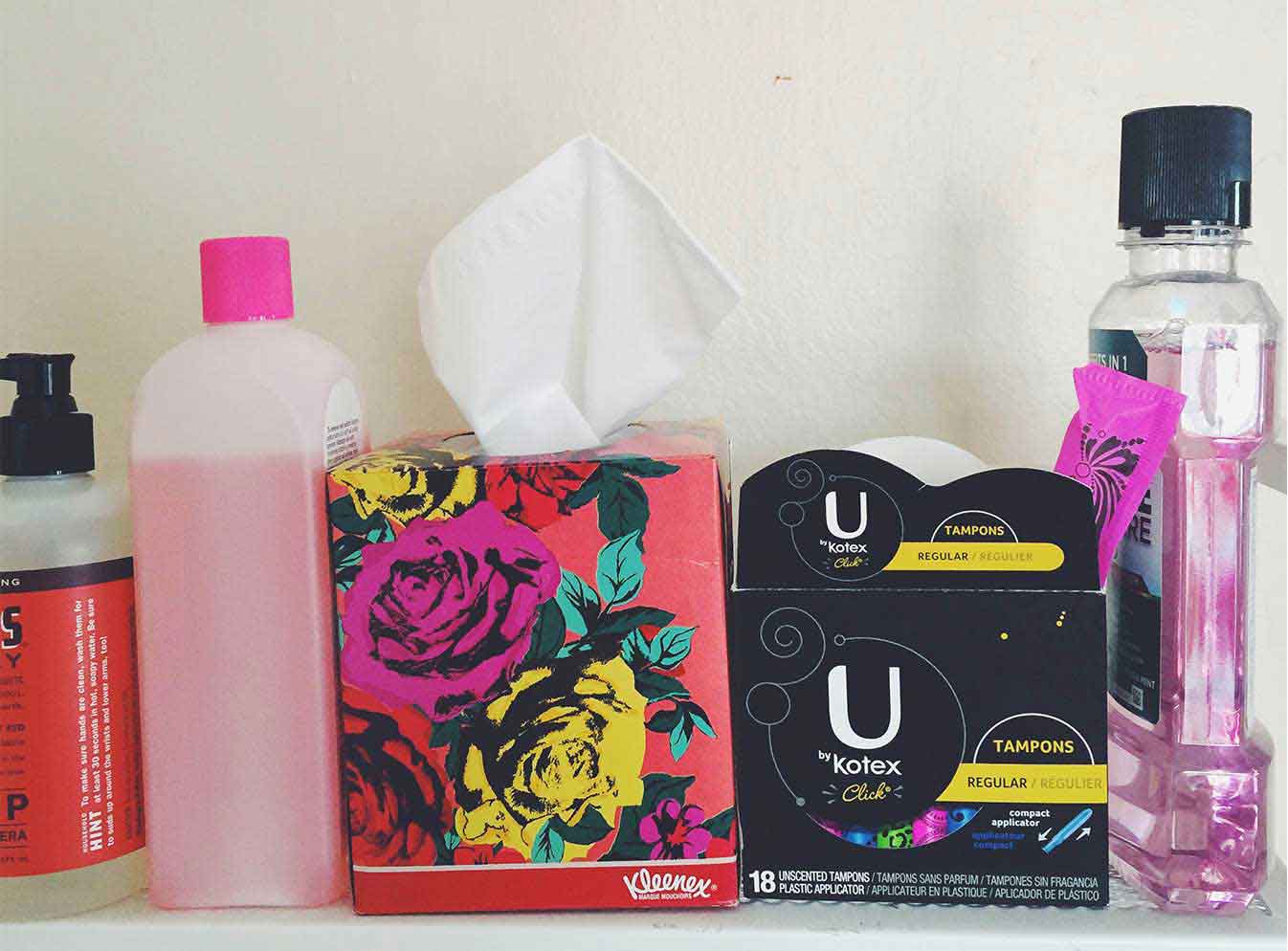What is Vaginal pH and What Does it Impact?
What is Vaginal pH and What Does it Impact?
By Dr. Staci Tanouye OB/GYN, MDHave you ever given much thought to the pH of your vagina? You might be familiar with the pH of water and even use the pH scale to determine what bottled water you’re going to purchase to hydrate your body, but did you know that vaginal pH plays an extremely vital role in the overall health and comfort of your vagina?
Let’s establish a few scientific basics first to really understand what pH is: pH itself stands for potential of hydrogen and indicates just how acidic, neutral, or alkaline something is, measured on a scale ranging from 0 to 14. A normal vaginal pH can range anywhere from 3.8 - 5. This is slightly on the acidic side since a naturally neutral pH is around 7. A pH level below 7 is considered acidic and a pH level above 7 is considered alkaline.
Vaginas tend to be more acidic so that they can help protect against germs. If your vaginal pH is thrown off, most of the time, it can correct itself and return to the normal pH on its own. However, if it doesn’t, it can have an adverse effect on your overall vaginal health and lead to various uncomfortable infections. If you’ve ever experienced any sort of vaginal infection before it was most likely due to unbalanced vaginal pH levels.
Things that can throw vaginal pH off balance:
Vaginas are naturally able to self-clean and self-regulate pH so it’s important to avoid putting any scented soaps or products down there to ensure you aren’t repeatedly throwing off your vaginal pH.
If you begin to experience itching, unusual discharge, foul odor, or burning in your vagina, these are all potential signs of an unbalanced vaginal pH. It’s important to go to your doctor if you notice anything out of the ordinary. Your doctor will be able to conduct a series of tests to check the PH level of your vagina and help the cause.
Ways to maintain a healthy vaginal pH:
If your vaginal pH goes above 4.5, that increases the risk of bad bacteria growing in your vagina, leading to infections. Bacterial vaginosis (BV), yeast infections, and UTIs are all infections that are not sexually transmitted and can stem from unbalanced vaginal pH.
Being mindful of your vaginal pH and taking steps to prevent your pH levels from rising above the normal vaginal range is important in avoiding any uncomfortable infections. If you notice that your vaginal pH tends to be unbalanced, speak with your doctor about what might be right for you and develop a plan to figure out how to ensure your vaginal pH remains healthy.
About Staci Tanouye OB/GYN, MD: Staci Tanouye, MD, OB-GYN is a physician in a private practice and an expert in adolescent health, sexual health, reproductive health, and menopausal health. She has become one of the leading gynecologists on social media with the mission to educate women and all people with vulvas to love their bodies through knowledge and empowerment.
Sources Referenced:



